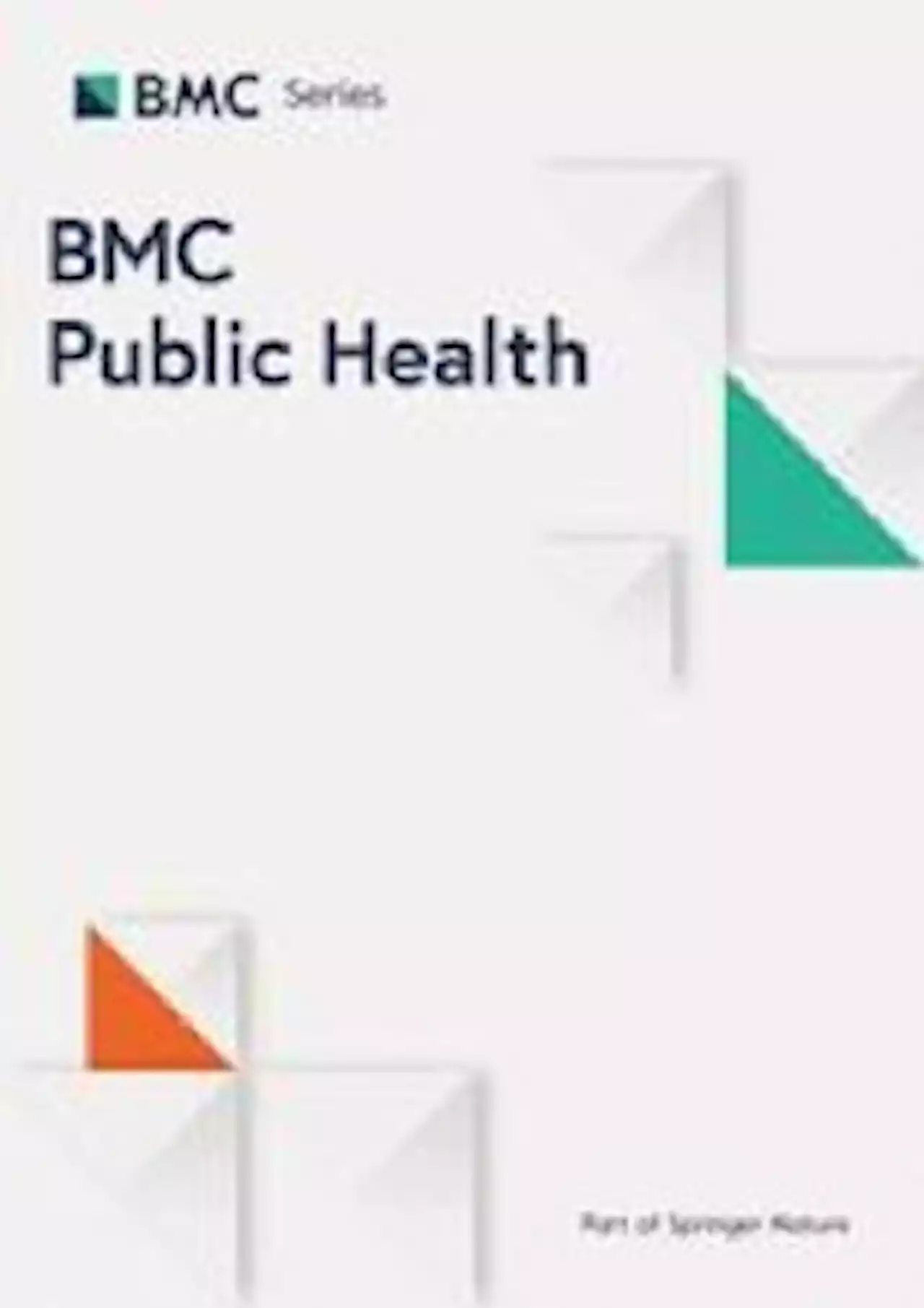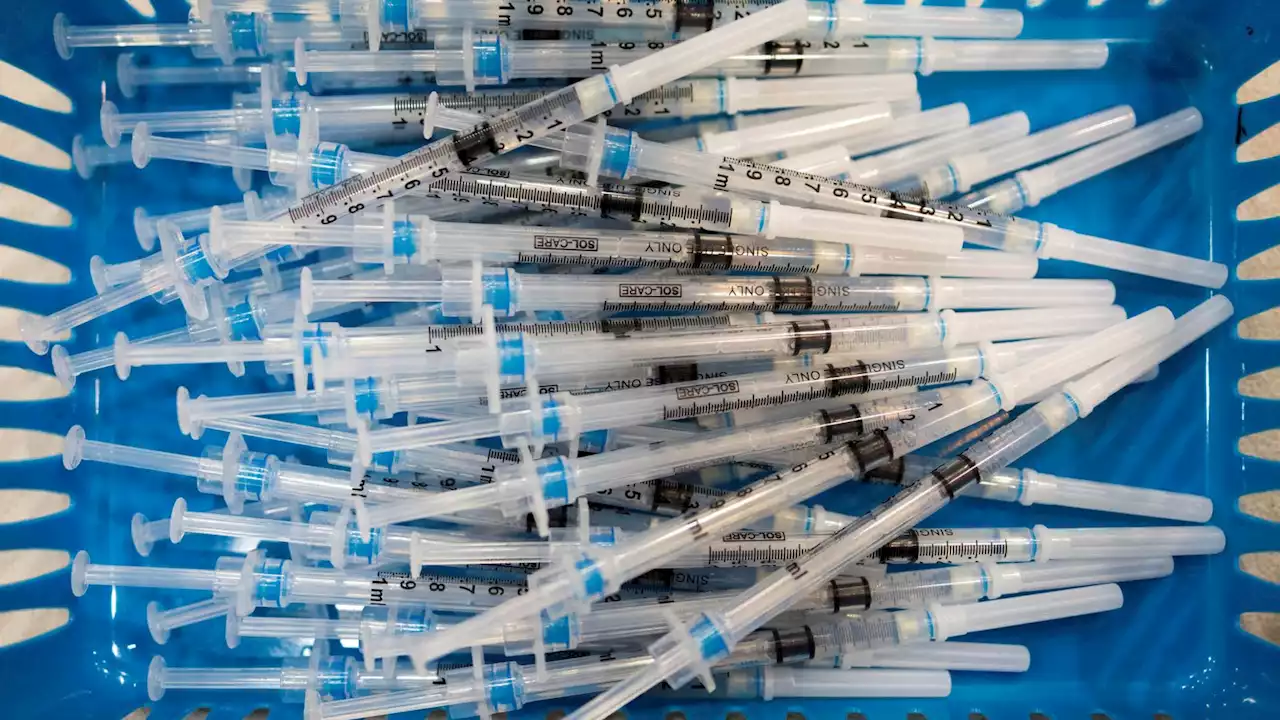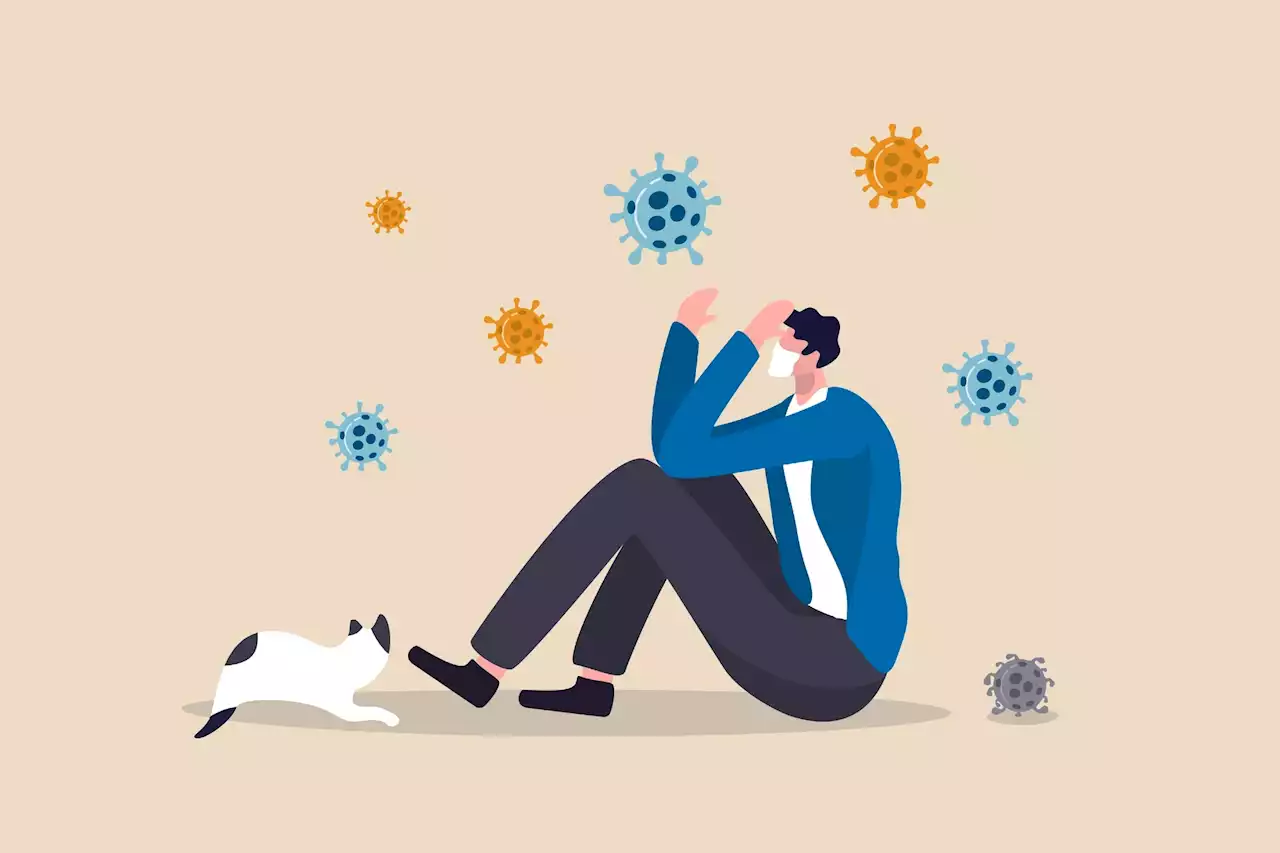Long-COVID in adults and Ontario's expected burden Coronavirus Disease COVID PASC LongCOVID Ontario Canada COVIDSciOntario
By Dr. Priyom Bose, Ph.D.Sep 12 2022Reviewed by Benedette Cuffari, M.Sc. Long COVID has been defined as the persistence of symptoms or sequelae at least four to twelve weeks after the initial diagnosis of severe acute respiratory syndrome coronavirus 2 infection.
Long COVID patients are not provided with high-quality care due to the lack of potential therapies, diagnostic tests, and support for this condition. In a recent Science Briefs of the Ontario COVID-19 Science Advisory Table study, scientists identify the basic healthcare requirements for adults with long COVID. They also highlight the different types of support that must be provided to these patients and their caregivers.
Prevalence of post COVID-19 conditions It has been challenging to precisely estimate post-COVID conditions due to the varying definition of long COVID used in the studies considered for the meta-analysis.
No evidence on the identification of biological markers, clinical findings, or symptoms that could predict the development of post-COVID-19 conditions was available. According to a retrospective matched cohort study, female sex, ethnic minority, smoking, obesity, a wide range of comorbidities, and socioeconomic deprivation increased the risk of long COVID.
The clinical model involves a dedicated multidisciplinary team of healthcare providers who support patients and their multifactorial care needs. The hybrid care model is associated with both specialized clinics and PCP insights. It is difficult to determine which model is most effective for managing long COVID patients.
South Africa Latest News, South Africa Headlines
Similar News:You can also read news stories similar to this one that we have collected from other news sources.
 Health behaviours the month prior to COVID-19 infection and the development of self-reported long COVID and specific long COVID symptoms: a longitudinal analysis of 1581 UK adults - BMC Public HealthBackground Demographic and infection-related characteristics have been identified as risk factors for long COVID, but research on the influence of health behaviours (e.g., exercise, smoking) immediately preceding the index infection is lacking. The aim of this study was to examine whether specific health behaviours in the month preceding infection with COVID-19 act as upstream risk factors for long COVID as well as well as three specific long COVID symptoms. Methods One thousand five hundred eighty-one UK adults from the UCL COVID-19 Social Study and who had previously been infected with COVID-19 were analysed. Health behaviours in the month before infection were weekly exercise frequency, days of fresh air per week, sleep quality, smoking, consuming more than the number of recommended alcoholic drinks per week (| 14), and the number of mental health care behaviours (e.g., online mental health programme). Logistic regressions controlling for covariates (e.g., COVID-19 infection severity, socio-demographics, and pre-existing health conditions) examined the impact of health behaviours on long COVID and three long COVID symptoms (difficulty with mobility, cognition, and self-care). Results In the month before infection with COVID-19, poor quality sleep increased the odds of long COVID (odds ratio [OR]: 3.53; (95% confidence interval [CI]: 2.01 to 6.21), as did average quality sleep (OR: 2.44; 95% CI: 1.44 to 4.12). Having smoked (OR: 8.39; 95% CI: 1.86 to 37.91) increased and meeting recommended weekly physical activity guidelines (3h hours) (OR: 0.05; 95% CI: 0.01 to 0.39) reduced the likelihood of difficulty with self-care (e.g., washing all over or dressing) amongst those with long COVID. Conclusions Results point to the importance of sleep quality for long COVID, potentially helping to explain previously demonstrated links between stress and long COVID. Results also suggest that exercise and smoking may be modifiable risk factors for preventing the development of d
Health behaviours the month prior to COVID-19 infection and the development of self-reported long COVID and specific long COVID symptoms: a longitudinal analysis of 1581 UK adults - BMC Public HealthBackground Demographic and infection-related characteristics have been identified as risk factors for long COVID, but research on the influence of health behaviours (e.g., exercise, smoking) immediately preceding the index infection is lacking. The aim of this study was to examine whether specific health behaviours in the month preceding infection with COVID-19 act as upstream risk factors for long COVID as well as well as three specific long COVID symptoms. Methods One thousand five hundred eighty-one UK adults from the UCL COVID-19 Social Study and who had previously been infected with COVID-19 were analysed. Health behaviours in the month before infection were weekly exercise frequency, days of fresh air per week, sleep quality, smoking, consuming more than the number of recommended alcoholic drinks per week (| 14), and the number of mental health care behaviours (e.g., online mental health programme). Logistic regressions controlling for covariates (e.g., COVID-19 infection severity, socio-demographics, and pre-existing health conditions) examined the impact of health behaviours on long COVID and three long COVID symptoms (difficulty with mobility, cognition, and self-care). Results In the month before infection with COVID-19, poor quality sleep increased the odds of long COVID (odds ratio [OR]: 3.53; (95% confidence interval [CI]: 2.01 to 6.21), as did average quality sleep (OR: 2.44; 95% CI: 1.44 to 4.12). Having smoked (OR: 8.39; 95% CI: 1.86 to 37.91) increased and meeting recommended weekly physical activity guidelines (3h hours) (OR: 0.05; 95% CI: 0.01 to 0.39) reduced the likelihood of difficulty with self-care (e.g., washing all over or dressing) amongst those with long COVID. Conclusions Results point to the importance of sleep quality for long COVID, potentially helping to explain previously demonstrated links between stress and long COVID. Results also suggest that exercise and smoking may be modifiable risk factors for preventing the development of d
Read more »
 COVID-19: Booster jab rollout moves to over-65s, carers and pregnant womenBookings can be made online or over the phone as long as the person had their last jab at least three months ago.
COVID-19: Booster jab rollout moves to over-65s, carers and pregnant womenBookings can be made online or over the phone as long as the person had their last jab at least three months ago.
Read more »
 Brain injury a common consequence of both COVID-19 and influenzaIn a recent study published in the journal Brain, researchers reported that brain injury is common in coronavirus disease 2019 (COVID-19) and influenza.
Brain injury a common consequence of both COVID-19 and influenzaIn a recent study published in the journal Brain, researchers reported that brain injury is common in coronavirus disease 2019 (COVID-19) and influenza.
Read more »
 Pre-existing psychological distress increases risk of long-COVIDIn a recent study published in the Journal of American Medical Association (JAMA) Psychiatry, researchers investigated the association of psychological distress before coronavirus disease 2019 (COVID-19) with the risk of post-acute sequelae of COVID-19 (PASC).
Pre-existing psychological distress increases risk of long-COVIDIn a recent study published in the Journal of American Medical Association (JAMA) Psychiatry, researchers investigated the association of psychological distress before coronavirus disease 2019 (COVID-19) with the risk of post-acute sequelae of COVID-19 (PASC).
Read more »
 Strangeways tower is 'crumbling' and prisoners felt safer during CovidOn the positive side, the prison's gym service has been offering badminton, football, classes for elderly, spin classes and tennis, as well as 'excellent equipment'.
Strangeways tower is 'crumbling' and prisoners felt safer during CovidOn the positive side, the prison's gym service has been offering badminton, football, classes for elderly, spin classes and tennis, as well as 'excellent equipment'.
Read more »
